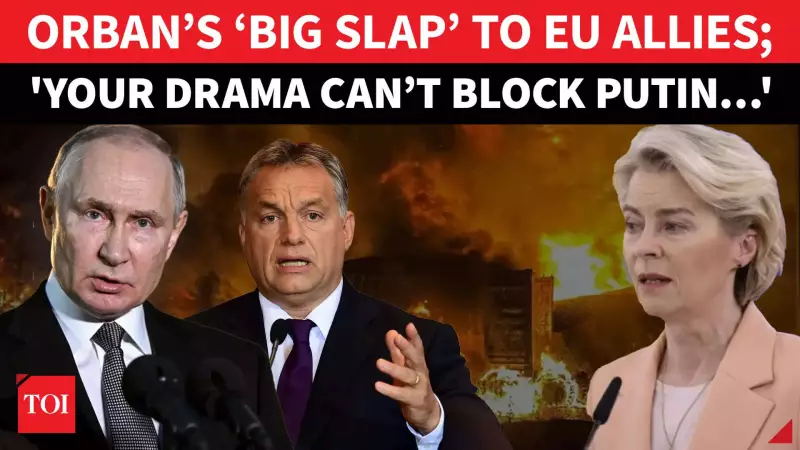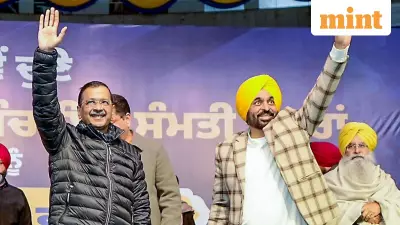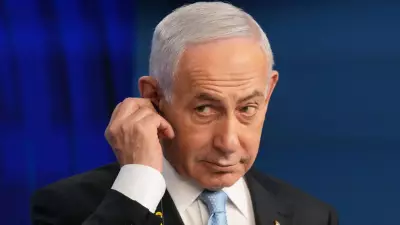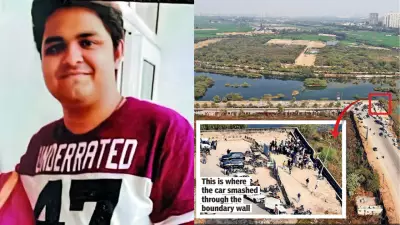
In a dramatic escalation of tensions within the European Union, Hungary has delivered what political analysts are calling a "brutal blow" to its EU allies by openly inviting both Donald Trump and Vladimir Putin to use Budapest as a safe harbor for potential peace negotiations.
Diplomatic Rebellion Rocks European Unity
The bold move represents a significant challenge to the EU's unified stance on Russia and comes at a time when Western nations have maintained strict sanctions against Moscow. Prime Minister Viktor Orbán's government has positioned Hungary as a neutral ground, potentially undermining years of coordinated European foreign policy.
Safe Passage Amidst Geopolitical Storms
Hungarian officials have explicitly offered security guarantees for both leaders, ensuring that Budapest would provide a secure environment for any potential dialogue between the American political heavyweight and the Russian president. This offer comes despite:
- Ongoing international warrants against Vladimir Putin
- EU-wide sanctions restricting Russian leadership movement
- Mounting pressure on European nations to maintain diplomatic isolation of Moscow
- Concerns about fracturing Western unity ahead of critical elections
Orbán's Strategic Gambit
Political observers note that this move aligns with Orbán's long-standing strategy of positioning Hungary as a bridge between East and West. The invitation serves multiple strategic purposes:
- Asserting sovereignty in foreign policy decisions
- Challenging EU consensus on Russia relations
- Positioning Hungary as a global diplomatic player
- Appealing to conservative voters ahead of key political moments
European Allies React With Alarm
Initial reactions from other EU member states have ranged from concerned to outright hostile. Diplomatic sources indicate that several Western European capitals view this move as a direct challenge to the bloc's fundamental principles and shared security interests.
"This isn't just about peace talks; it's about whether the European Union can maintain a united front on matters of global security," commented a senior EU diplomat who requested anonymity.
What This Means for Global Diplomacy
The Hungarian gambit comes at a critical juncture in international relations, with ongoing conflicts and crucial elections looming worldwide. By offering sanctuary to both leaders, Orbán has:
- Created a potential alternative diplomatic channel outside established structures
- Challenged the current international legal framework regarding Russian leadership
- Potentially reshaped Hungary's role within NATO and EU alliances
- Set the stage for renewed tensions within the European political landscape
The international community now watches closely to see how both Washington and Moscow respond to this unexpected diplomatic opening, and whether other nations might follow Hungary's controversial lead in seeking alternative paths to conflict resolution.





